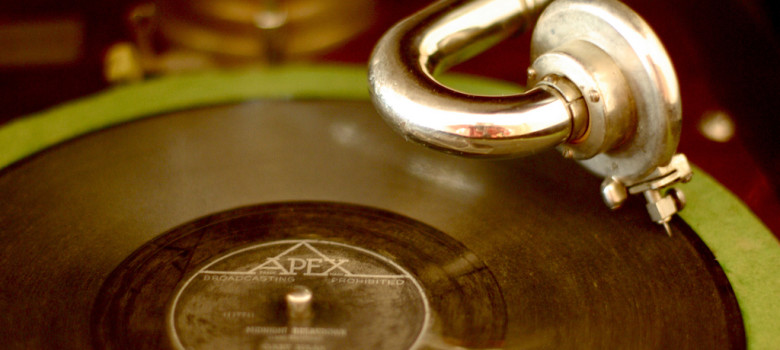The government yesterday tabled its budget implementation bill (Bill C-59), which includes provisions to extend the term of copyright for sound recordings and performances. The extension adds 20 years to the term (to 70 years). It also caps the term at 100 years after the first fixation of the sound recording or performance. The change is not retroactive, so sound recordings currently in the public domain will stay there. The government’s unexpected decision to extend the term of copyright for sound recordings and performances will not only cost consumers by reducing competition and stop cheaper, legal music alternatives from coming to the market – but it will also reduce access to Canada’s music heritage.
This is the inescapable conclusion based on studies elsewhere, which find that longer copyright terms discourage re-issuing older releases, which often means that the musical heritage is lost. For example, Tim Brooks conducted a detailed study in 2005 on how copyright law affects reissues of historic recordings. He concluded that longer copyright terms significantly reduce public access. First, he examined the data in the United States, which at the time had the longest term of protection:
our analysis shows that rights-holders have reissued – or as a practical matter allowed legal access to – only a small fraction of the historic recordings they control. Overall, 14 percent of listed pre-1964 recordings were found to be available from rights holders, mostly from the 1940s, 1950s and early 1960s. The figure drops to ten percent or less for most periods prior to World War II, and approaches zero for periods before 1920. This study focused on recordings in which there is demonstrated interest; it is likely that the percent of all recordings that have been reissued is even less.
Where copyright laws are less restrictive, the percentage of re-issues are higher:
Despite laws discouraging unauthorized reissue activity in the U.S. or the importation of reissues of U.S. recordings from other countries (parallel import laws), foreign labels and small entities in the U.S. have made available a considerable amount. The study found that other entities have exclusively reissued 22 percent of the sample recordings compared to 14 percent by rights holders. To the extent rights-holders do reissue older recordings, they concentrate on recent periods with larger potential markets, while third-party distributors serve all periods more or less equally. As a result, non- rights holders have reissued more than rights-holders for every period prior to 1945.
None of this should surprise. Many works have limited commercial value, though there remains some interest in them. Record labels will only re-issue a small number of works that offer the greatest commercial potential. For the remainder, they are largely lost as copyright locks out the prospect of anyone other than the record label re-issuing them or making them publicly available. Under those circumstances, everyone loses. Songwriters do not get the royalties that might come from a re-issue, the public does not gain access, and an important part of Canada’s musical heritage is effectively lost.
This point was made in a 2006 report conducted by the Institute for Information Law for the European Commission:
only a small share of sound recordings still continues to generate a commercial value for phonogram producers after 50 years. A term extension of related rights beyond 50 years would therefore only have a positive effect on the revenues from that small share of recordings that are still popular after this time. From the remaining part of the back catalogue repertoire, phonogram producers typically do not derive revenues anymore. Repertoire that does not sell well or that does not generate sufficient royalty payments and older niche productions are usually not disseminated after a certain time. These recordings will disappear from the market, leaving them inaccessible to the general public. ‘Many works do not stay in the commercial chain and a majority of sound recordings are locked in vaults.’ A term extension would keep these recordings from being free to use by the public for an additional period of time.
Of course, the loss is not limited to commercial re-issues. The U.S. Library of Congress conducted an extensive examination of the state of recorded sound preservation in the United States in 2010. The impact of longer copyright terms for sound recordings has a devastating impact on preservation as the report notes that “were copyright law followed to the letter, little audio preservation would be undertaken. Were the law strictly enforced, it would brand virtually all audio preservation as illegal.” Library and Archives Canada once invested in sound preservation with the Virtual Gramophone. The project was suspended in 2006 and will have little hope of revival for more recent works if the copyright term extension is passed.








Pingback: Canada’s Copyright Extension: Intellectual Property is Pure Policy | Secret Spaceman
Pingback: Every time you extend copyright terms, you reduce the availability of our musical heritage « Quotulatiousness
always i used to read smaller content that also clear their motive, and that is also happening with this piece of
writing which I am reading at this time.
This is my first time pay a visit at here and i am really happy to read everthing at alone
place.